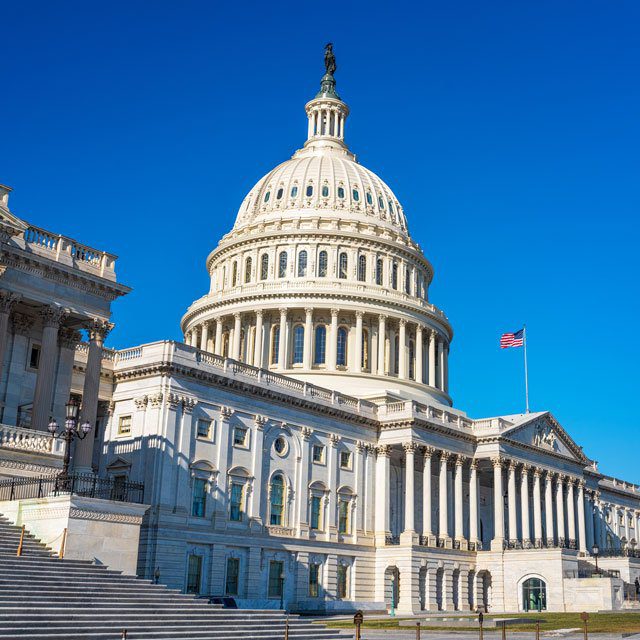Secure Act 2.0 Included in $1.7B Spending Bill

Secure Act 2.0 retirement provisions are part of the $1.7 billion 2023 omnibus appropriations bill that released early Tuesday morning by Senate Appropriations Committee Chairman Patrick Leahy, D-Vermont. The more than 4,000 page omnibus also includes the Registration for Indexed-Linked Annuities (RILA) Act.
Senate Majority Leader Chuck Schumer, D-N.Y., said Monday afternoon that an omnibus spending bill “must be” wrapped up by the end of this week to avoid a government shutdown.
The Insured Retirement Institute is “reviewing the approximately 100 retirement provisions in the measure with our members to understand the full implications,” according to a statement released early Tuesday by Paul Richman, IRI’s chief government and political affairs officer.
“Including Secure 2.0 retirement provisions in the last major legislation of the year means that Congress is poised to help millions more workers and retirees with significant improvements to the nation’s private retirement system,” Richman explained.
“We expect that the legislation will add billions to the retirement savings for small business workers, part-time workers, employees with student loan debt, military spouses, low-income workers, and others,” he added.
The omnibus package includes most of the Rise and Shine Act, crafted by Sen. Patty Murray, D-Washington, chairwoman of the Senate Health, Education, Labor and Pensions, or HELP, Committee. “I’ve heard from too many people who are struggling to make ends meet and had to raid savings meant for their futures, not to mention countless others who have never had access to an employer-sponsored retirement plan,” Murray said Tuesday in a statement. “That’s why I fought so hard to make sure the omnibus includes policies to help put families back on solid financial footing like expanding access to retirement plans, increasing transparency on lump sum buyouts from pension plans, helping families save for a rainy day, and more.”




